New device rapidly identifies worms with mutations
A new tool can sort through a population of mutant nematodes and identify those with altered neuronal connections, according to a study published 19 August in Nature Methods.
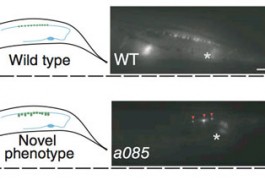
A new tool can sort through a population of mutant nematodes and identify those with altered neuronal connections, according to a study published 19 August in Nature Methods.

Women who have intelligence quotients in the normal range may nevertheless have fragile X syndrome, often described as the most common inherited form of mental retardation, according to a case study published 27 June in Molecular Autism.
The first approved stem cell trial for autism will soon be under way. Is there a rationale for testing stem cells to improve symptoms of the disorder?
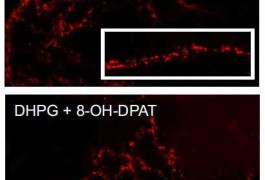
Compounds that target the receptor for the chemical messenger serotonin could help treat fragile X syndrome, according to a study published 17 July in Biological Psychiatry.

Researchers have homed in on the brain region thought to be responsible for the autism-like symptoms that can accompany Dravet syndrome, a rare epilepsy disorder, according to research published Wednesday in Nature.
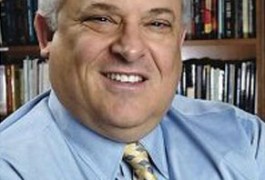
Rather than make blanket decisions, doctors must gauge the level of cognitive impairment in individuals with autism when considering them for organ transplants, says bioethicist Arthur Caplan.

Individuals with autism rely more on words than on facial expressions when interpreting social cues, and this may result from low activity in two brain regions, according to a paper published 22 June in PLoS One.
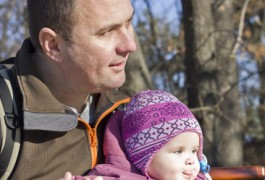
With every passing year, men are increasingly likely to transmit new mutations to their children, according to the largest study yet of the so-called paternal age effect, published yesterday in Nature. The findings could help explain why older men are more likely to have a child with autism or schizophrenia than are younger men, the researchers say.

A new algorithm increases the accuracy of techniques that detect rare genetic variants among populations, according to a study published 27 July in Bioinformatics.
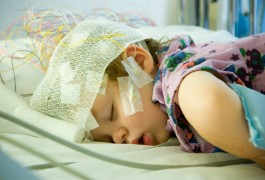
Individuals with either of two rare forms of epilepsy have duplications or deletions that encompass genes implicated in autism and language impairment, according to a study published 27 June in Epilepsia.